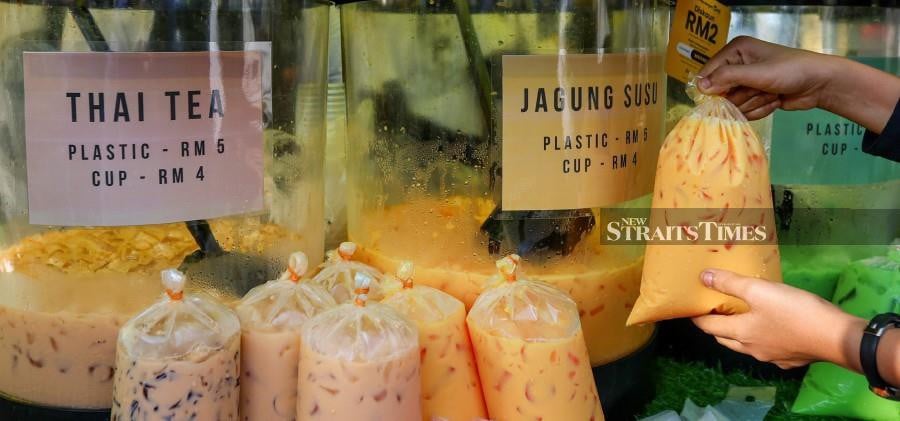LETTERS: A FEW days ago, a social media video showed Putrajaya Ramadan bazaar hawkers properly disposing of their unsold beverages into drums in the presence of Alam Flora personnel.
This is an uncommon but welcome sight. The more usual practice among traders is unsystematic disposal of liquids in stormwater drains, which will affect our ecosystems.
As a rapidly developing nation with a booming population and urbanisation, the proper handling of liquid waste is important to safeguard public health, preserve natural ecosystems, and ensure sustainable development.
Pouring unwanted drinks down a drain might seem harmless but it has far-reaching consequences. The chemicals and additives in beverages pose a threat to aquatic life and contaminate water sources.
Some liquids can contribute to the clogging of drains, leading to exacerbated flooding during heavy rains, amplifying the risk of property damage and disrupting communities.
Addressing the challenges of liquid waste management in Malaysia necessitates a multifaceted approach encompassing policy reforms, public education campaigns, and stakeholder engagement.
Enhanced regulatory frameworks must be established to enforce proper waste disposal, with stringent penalties for non-compliance.
Furthermore, investment in infrastructure and wastewater treatment facilities are imperative to accommodate growing urban populations and industrial activities.
Collaboration between government agencies, businesses, civil society organisations and communities is essential to foster a culture of environmental stewardship and responsibility.
Beyond regulatory measures, fostering behavioural change is paramount in promoting sustainable liquid waste management practices.
Public education campaigns targeting consumers and vendors can raise awareness about the environmental impact of improper waste disposal and encourage responsible behaviour.
Some netizens have suggested donating unsold beverages to mosques to avoid waste. While well-intentioned, this approach may not be suitable.
Donating beverages that are not of the highest quality (much diluted with ice towards the end of the day) may be seen as disrespectful according to Islamic principles, which advocate for the donation of the best quality items.
Moreover, concerns regarding food safety and hygiene may arise, potentially putting recipients at risk of illness.
Thus, the act of donating must be approached with caution and consideration for cultural and religious sensitivities, as well as food safety standards.
DR ISMANIZA ISMAIL
Faculty of Applied Sciences
Universiti Teknologi Mara
The views expressed in this article are the author's own and do not necessarily reflect those of the New Straits Times





